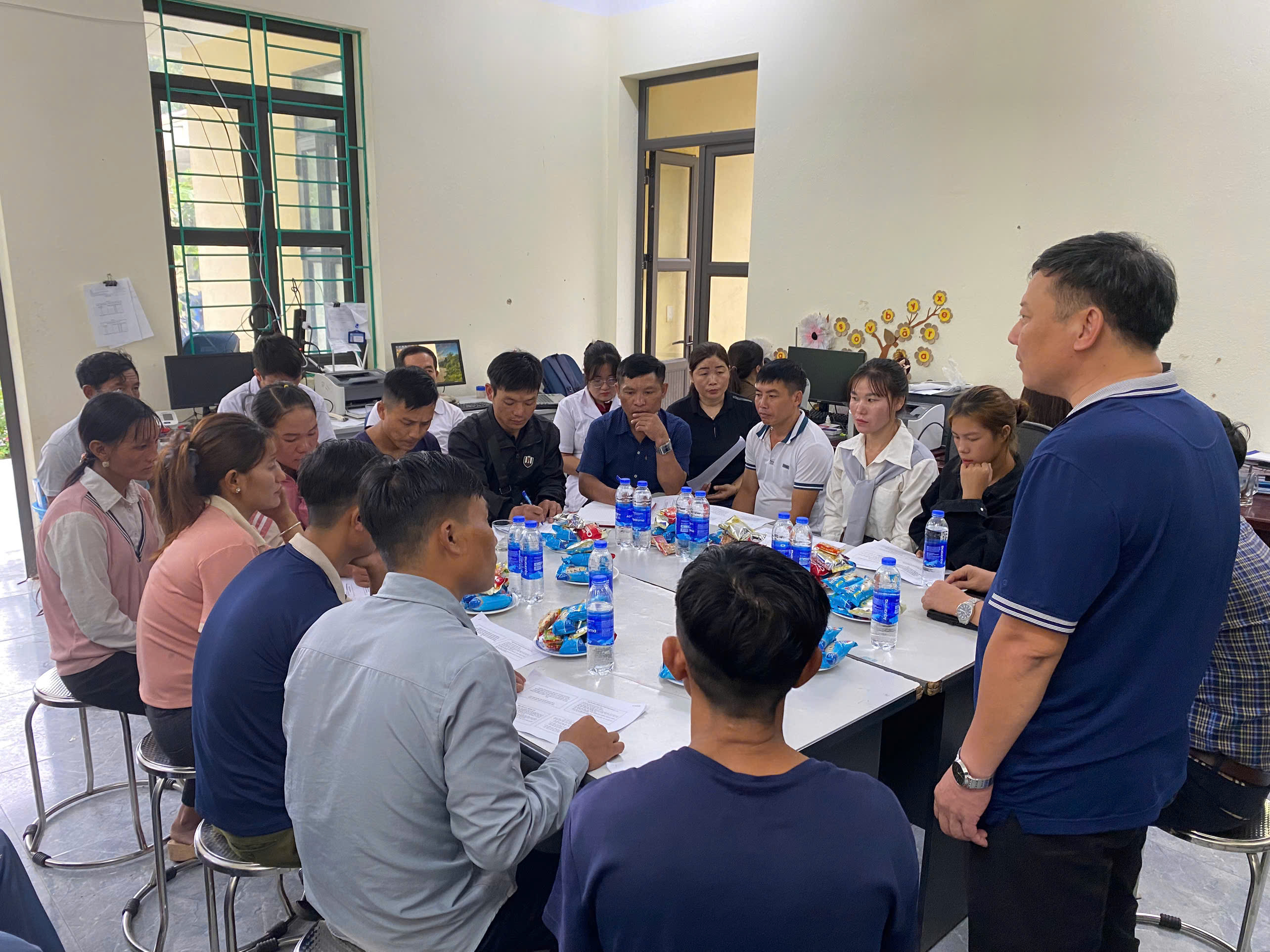
At the main annual UN conference in New York this week, country leaders and senior officials from across Africa, Europe, Asia Pacific and the Americas announced new political and financial commitments to accelerate the global fight towards eliminating malaria.
During the 72nd session of the United Nations General Assembly, leaders underscored the need to intensify efforts to meet the global goal set by the World Health Organization (WHO) to reduce the burden of malaria by 90% by 2030.
Addressing a dedicated session on malaria, WHO Director-General, Dr Tedros Adhanom Ghebreyesus said: “Strong political leadership is critical to eliminate a disease which burdens the poorest in our communities. By committing to eliminate malaria, we commit to improve global health, and to serve and protect the most vulnerable.”
King Mswati III of Swaziland, chair of the event and of the African Malaria Leaders Alliance (ALMA), said: “Remarkable progress has been made across the world and Africa in particular in the fight against malaria. This should however not give us a false sense of accomplishment and make us complacent. We must continue to keep malaria elimination as a national priority and continue to engage national and global leadership to ensure this commitment translates into additional domestic resources for health including malaria.”
USAID Administrator Mark Green used the occasion to announce the expansion of the U.S. President’s Malaria Initiative (PMI) further into west and central Africa. The initiative, led by USAID and implemented with the U.S. Centers for Disease Control and Prevention, will launch new country programs in Cameroon, Cote d'Ivoire, Niger, and Sierra Leone, and will expand its existing program in Burkina Faso.
The huge strides against malaria in Asia the in the past few years were also highlighted. If malaria is successfully eliminated from the region by 2030, it will save more than a million lives and deliver almost US$ 300 billion in cost savings and social benefits, at a cost of just US$ 5-8 per case averted. Currently, 22 Asian countries are still considered malaria endemic.
The Philippines has committed to eliminating malaria by 2030. Dr. Mario Baquilod, Director of the Philippines Disease Prevention and Control Bureau, highlighted the country’s innovative financial mechanisms such as the so-called ‘sin tax’ on tobacco products, which generated over US$ 2.3 billion in just two years being allocated to public health, including anti-malaria programs.
Also during the event, the Roll Back Malaria Partnership announced a US$ 5 million contribution by the Crown Prince of Abu Dhabi, Sheikh Mohammad Bin Zayed Al Nahyan.
"The UAE has long played an essential role in supporting progress against some of the world's most devastating diseases, and we are pleased to deepen our collaboration in the fight against malaria," said Dr. Kesete Admasu, chief executive officer of RBM.
"The health investments made by global leaders have proven to be, and will remain, critical to building a healthier world," he added.
.svg)









